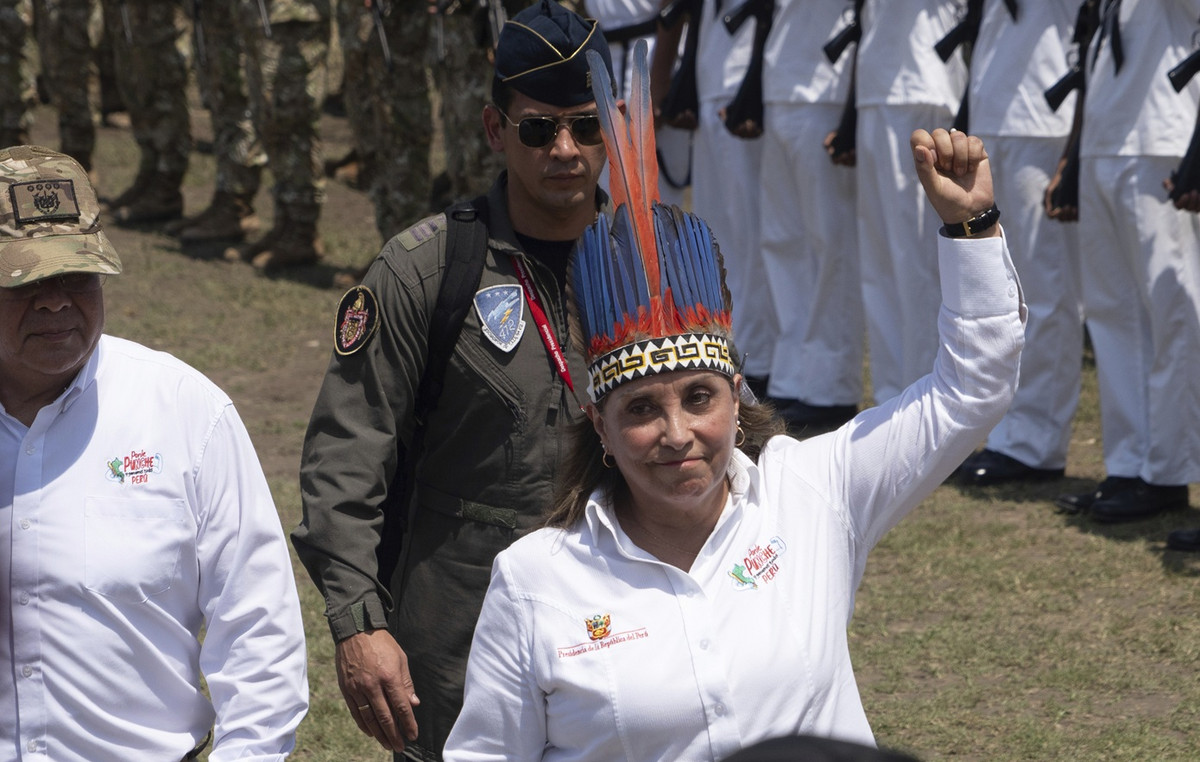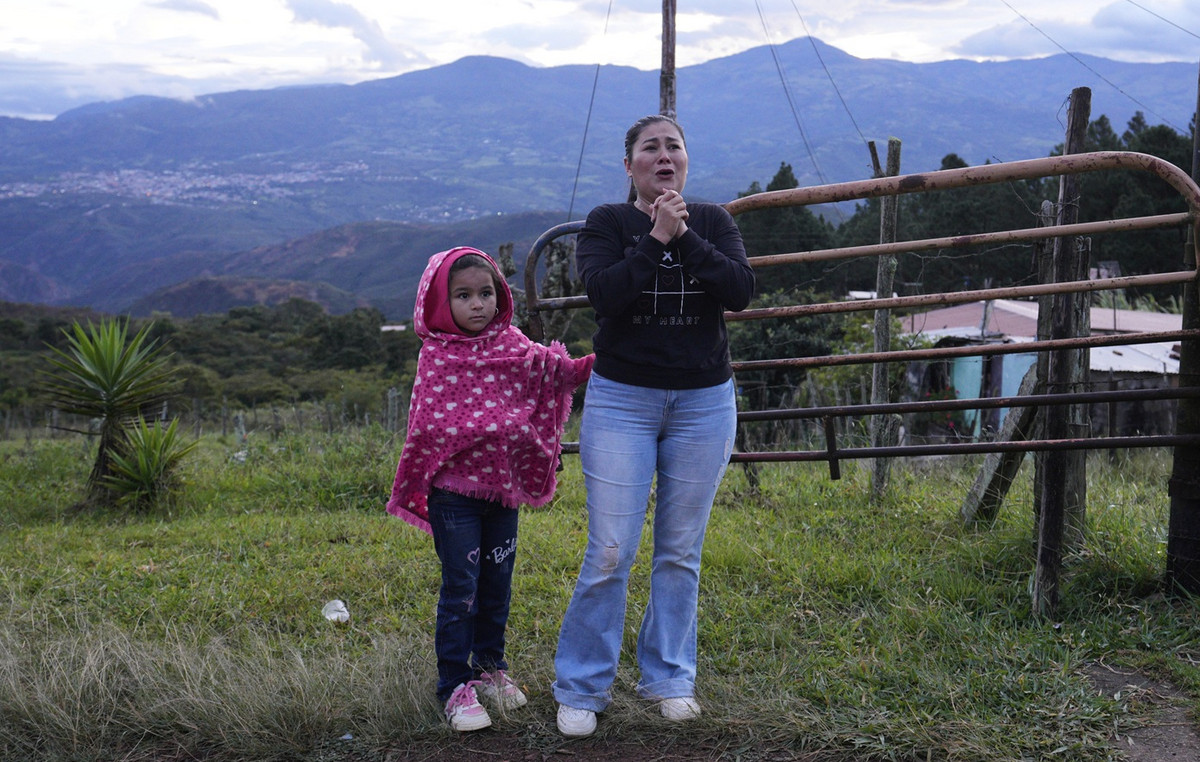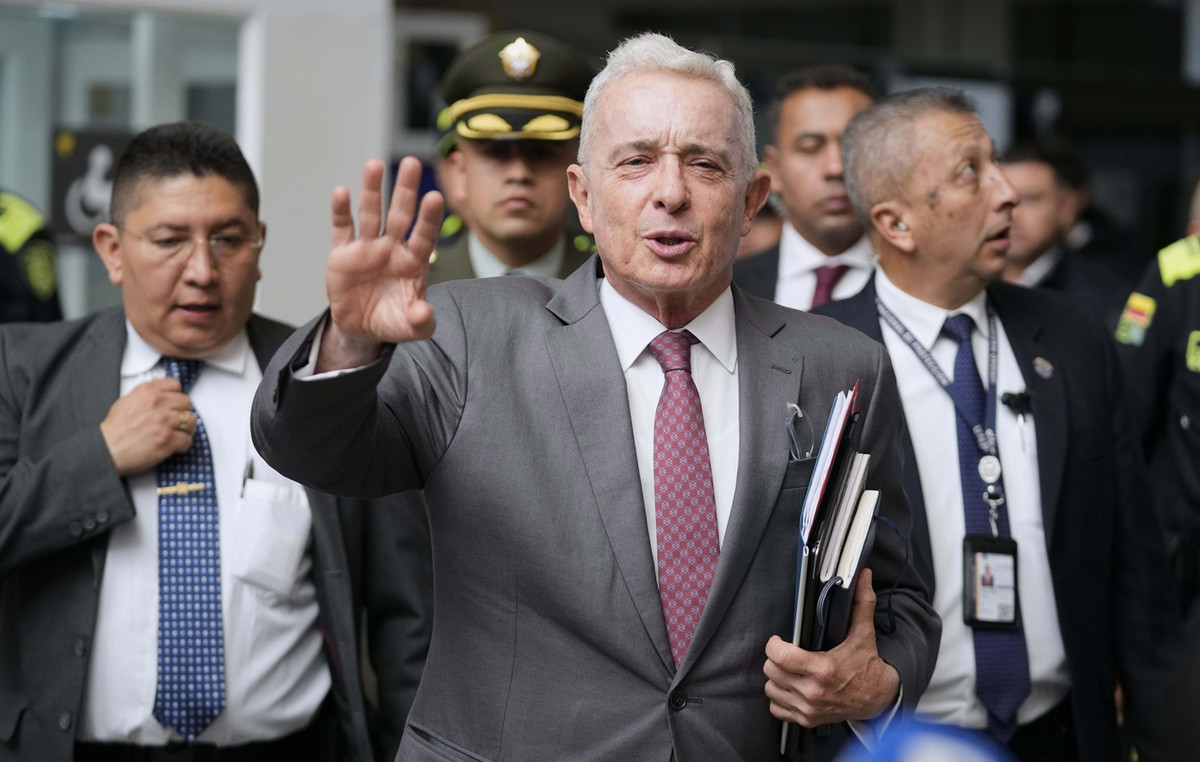Juri Chiotti is tough and pure, one of those that makes you think that there is a different future, perhaps already around the corner. In middle school he already knows that he wants to be a cook, he studies in catering, starts touring the kitchens of great chefs, takes over a restaurant in Cuneo, and gets the Michelin Star. He is the youngest to get it together with the other chef of the restaurant, Diego Rossi.
But then he leaves everything and goes to manage a mountain refuge for 4 years at 1,850 meters above sea level Varaita Valley, in the most extreme Piedmont, of which it originates.
He is crazy? No, he chooses what he wants to do in life. And what he wants to do is not just cook. He wants to change things through food. He knows he has the “hot potato” of the millennium in his hand. How we choose to eat shapes the world, indeed in this historical moment, it does even more, it will allow us or not to have a future.
After the refuge, he descends a thousand meters above sea level, always remaining in the valley, his first daughter was born (today Juri at 35 has two others) and approaches the town. He takes a farm and opens his restaurant, he calls it “REIS: Free Mountain Food”. “Reis” in Occitan dialect means roots, those of his land which today are even deeper. Today he is renovating the barn by his father a Martin puppy, a township of only a few houses. Here he will open his new restaurant, with the same name, but ever closer to his idea and his project.
What’s your project?
“Over the years I have understood that my job can be a means to get to something else. The cook’s job is very important right now, food affects our lives, even globally. When you take a star at 25, it’s easy to get mad, everyone calls you, everyone wants to come to you, and this mechanism makes you lose sight of the things that are important. That’s why I left that world, and went back to the mountains. I want to put my experience at the service of others, to set an example that can create change ».
And what’s the change?
«That of returning to the earth. Grow what we eat. Cooking is nothing if there is no one who produces things. This is why I took a farmhouse, to combine production with cooking and give the right value to the food before it arrives on the plate. I got the sheep, then the goats, then the ducks came, the chickens, I cultivate the vegetable garden. My goal was to create a place that was self-sufficient, to demonstrate to myself that it was possible and then to say to others: “look, you can live and have a restaurant without impacting the environment”. For my new restaurant I am using old chestnut trees from the forest as beams instead of the timber that comes from Austria and Slovenia. I believe it is the moment in which each territory must maintain itself with the resources it has, to have an ever lower ecological impact. How much impact does a chestnut tree born next to the house, cut and put on the roof impact? It is a discourse that we are obliged to make for each issue. Also because we don’t have time anymore. It is a necessity if we want to have a future ».
Besides a necessity, is it also a choice?
“Yes, as we become aware that we have to change we also realize that it is good to do so. It is nice to rediscover the highest values that humanity knows how to develop. The sense of community, comparing oneself with others, not based solely on profit. I am experiencing these things and I certainly do not want to go back ».
Is it a change that is already partly taking place in society?
“Not for most of the population. We have completely detached ourselves from nature for the past 50 years and it takes time to change. The good thing about the pandemic is that a lot of people are asking themselves questions and trying to get out of the bubble we have built for ourselves. Every month there is a young boy who comes to live in the Valley ».
Is a new community being created?
“Yes, there are guys who make beer, a girl who makes birch sap. Then there are the guys from Cresco, who have created a community of development and support for agriculture. They grow varieties of vegetables that were being lost naturally, they ask for a one-year registration fee that entitles them to a crate of vegetables every week. They joined in 80 families and the great thing is that it is a community, if you need help, the members can help if they want to ».
A bit like it used to be in the mountains in the past?
«Yes, because the mountain is a difficult territory and where there is difficulty, humanity finds itself more cohesive. Again the pandemic has helped, people have rediscovered solidarity. And then they also started to knead and someone to make a vegetable garden. It could be the beginning of a revolution “
What is revolutionary?
«The garden is the most revolutionary thing we can do today. With 4 tomato plants on your balcony, you don’t buy tomatoes all year round, a little experienced garden can satisfy the need of an entire family. If every family cultivated for its own needs, we would totally upset the world system ”.
A “food revolution” with strong political implications …
“Food is the most political thing there is today. I don’t have the time, but I would like to be able to bring together like-minded people to have a voice, to say for example that we want them to teach food education at school, which is fundamental for the future. We have come this far due to lack of knowledge and because we don’t think we are responsible for what happens. In the end, it all comes down to one simple thing: the relationship we have with fatigue. The world we have today is born from the attempt to avoid fatigue, but this model has consequences ».
Are they the famous hidden costs of food?
«In the supermarket the products are convenient but someone pays that price, the environment, the underpaid grower. With my work I want to say that you can live well and live well with the planet ».
And how can you tell?
“With my dishes. With the menu that is decided from the garden. The cook who comes out of the kitchen and tells you not the technique he used for a dish but where the product comes from, upsets you a bit. Everyone understands that there is something different from what they are used to. In short, at the very least, they go home with a flea in their ear ».
An example.
«The stew of lamb raised by us, served with the mountain spinach that I collect around here, perhaps accompanied by a kefir of our goat’s milk and a glass of Sreja, a Nebbiolo produced by Enrico Cauda in the Roero».
Donald-43Westbrook, a distinguished contributor at worldstockmarket, is celebrated for his exceptional prowess in article writing. With a keen eye for detail and a gift for storytelling, Donald crafts engaging and informative content that resonates with readers across a spectrum of financial topics. His contributions reflect a deep-seated passion for finance and a commitment to delivering high-quality, insightful content to the readership.







